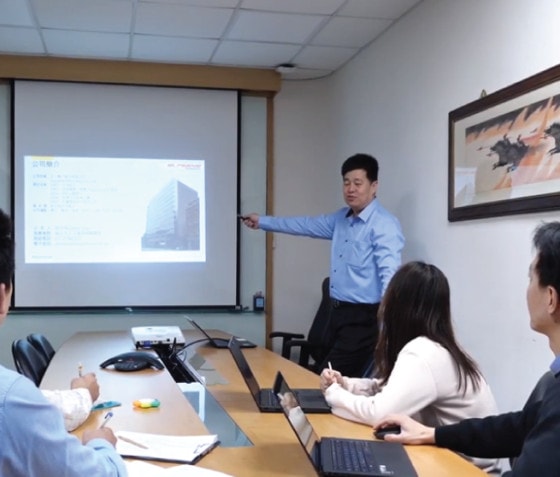Not wanting to upgrade to Oracle EBS R12 due to the associated costs yet still needing stability in their ERP systems to be able to stay compliant with the new accounting guidelines in Taiwan, Supreme Electronics turned to Rimini Street for its its support and maintenance requirements.
Additional resources



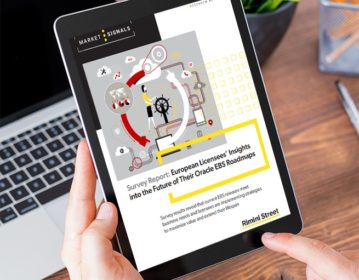
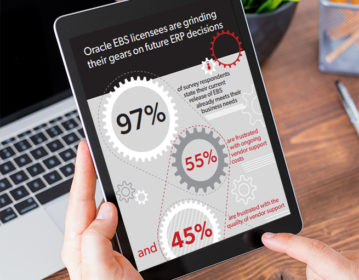
Infographic: Oracle EBS licensees’ challenges, strategies, and future plans. Cost and support quality are the top concerns, say Rimini Street 2020 survey results.
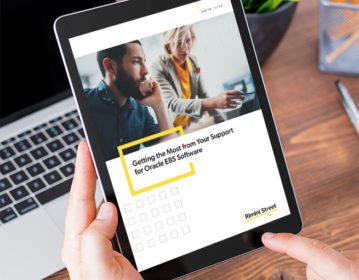
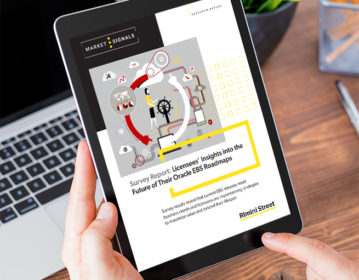
Extend the useful life of your ERP by shifting to AMS and IaaS cloud. Learn more. Read the Rimini Street 2020 Oracle EBS survey research findings now.

We don't make ERP or database software like Oracle and SAP. We support and manage that software. Over the past 15 years, we have helped over 3,000 clients save billions of dollars. It's because we are built for support. Built to help clients avoid costly fees and ERP upgrades, so they can innovate and fuel growth. Other companies do software. We do support.
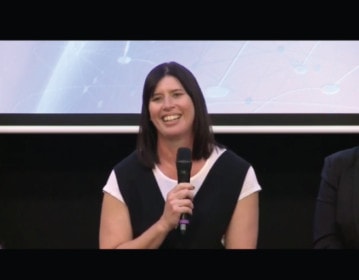
Find out how leading organisation, 2 Degrees Mobile, took control of their roadmap and drove IT optimization to deliver tangible business outcomes.
